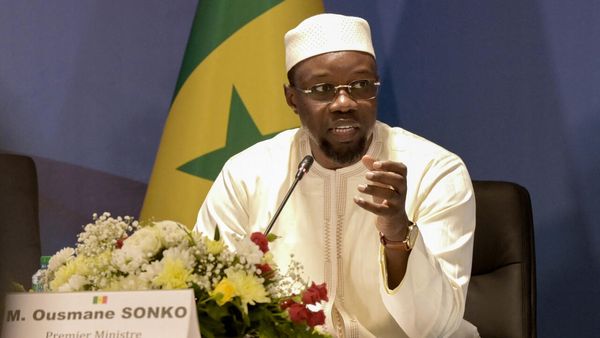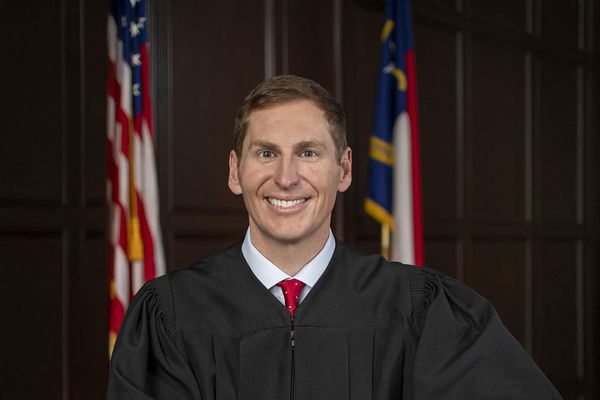Topline
Iranian chief justice Ebrahim Raisi will take over as president of Iran in August after winning an election many observers deemed unfair Friday, elevating the ultraconservative jurist whom Western governments have accused of human rights violations to the country’s second highest office, as Iran and Western states try to restore their 2014 nuclear agreement.

Key Facts
Raisi won more than 60% of the vote, Iran’s Interior Ministry said Saturday, a margin state news outlets described as a landslide — but critics say the government swayed the election in Raisi’s favor by barring most serious challengers from running, and more than half of all eligible voters didn’t cast ballots.
Raisi, 60, is widely considered a protegé and possible successor to 81-year-old Iranian Supreme Leader Ali Khamenei, the country’s most powerful political figure.
Khamenei named Raisi chief justice in 2019, after a decades-long career as a local and national prosecutor and a three-year stint at the helm of Iran’s economically influential Astan Quds Razavi religious charity.
Raisi previously ran for president in 2017, but he lost to moderate incumbent President Hassan Rouhani, who is set to finish his second term in August of this year.
Raisi has a reputation for cracking down on dissidents: The U.S. Treasury Department imposed sanctions on Raisi in 2019, citing his alleged role in a series of extrajudicial political executions more than 30 years ago and his apparent participation in crackdowns against protesters after Iran’s 2009 election.
Chief Critic
Shortly after Raisi’s victory was announced Saturday, Amnesty International argued he should face an investigation for crimes against humanity.
Key Background
As president, Raisi will control some aspects of Iran’s government, but he’s ultimately beholden to Khamenei, the country’s second supreme leader since the theocracy was formed after the Islamic Revolution of 1979. The unelected supreme leader oversees the Iranian Revolutionary Guard Corps, which holds enormous sway over the country’s foreign policy, and all prospective presidential candidates like Raisi need to get permission from the partially Khamenei-controlled Guardian Council before launching their campaigns. Raisi serves on the Assembly of Experts, a panel that theoretically has the power to supervise the supreme leader but has historically deferred to Khamenei and his predecessor, Ruhollah Khomeini.
What To Watch For
Raisi is rising to power as the United States negotiates to re-enter a 2015 international deal designed to curtail Iran’s nuclear ambitions. Former President Donald Trump removed the United States from the deal in 2018 and has imposed harsh sanctions against the country, and although both Iran and President Joe Biden have expressed an interest in salvaging the agreement, tensions have picked up in recent months. Iran has limited nuclear inspectors’ access to the country and reportedly increased its uranium enrichment levels, and Biden has promised to keep sanctions in place until enrichment stops.







